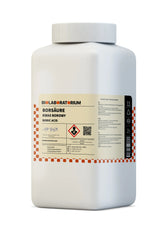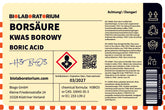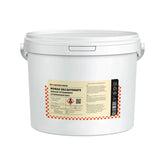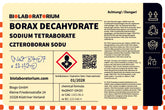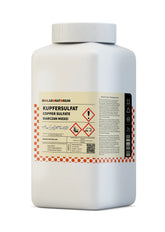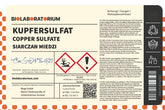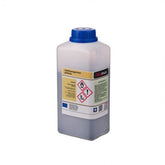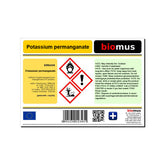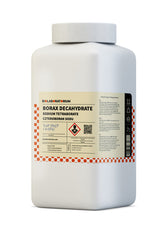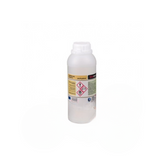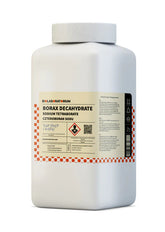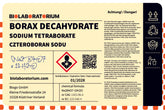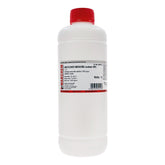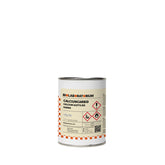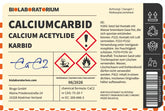The versatile technical applications of zinc citrate
Zinc citrate is a versatile chemical salt used in a variety of industrial and technical applications. With its unique properties such as stability, solubility, and reactivity, zinc citrate offers numerous advantages for various industries and production processes. In this blog article, we will take a closer look at the most important technical applications of zinc citrate.
Stabilizer in cleaning agents
One of the main application areas of zinc citrate is its use as a stabilizer in cleaning agents and detergents. Due to its chelating properties, zinc citrate can bind metal ions such as calcium, magnesium, or iron, thus preventing their unwanted reactions in detergents and cleaners. This contributes to improving washing performance, foam formation, and product durability. Zinc citrate is an excellent substitute for phosphate-containing stabilizers, which are increasingly avoided for environmental protection reasons.
Advantages of zinc citrate in cleaning agents:
- Stabilization of surfactants and complexing agents
- Prevention of precipitations and deposits
- Improvement of cleaning performance
- Environmentally friendly alternative to phosphates
Use in industrial processes
In addition to its use in consumer goods, zinc citrate is also widely used in industrial production and processing processes. Due to its chemical properties, it can be used, for example, as a catalyst, buffer, or complexing agent.
Catalyst in chemical reactions
Zinc citrate can serve as a catalyst in organic synthesis reactions, as it can increase reaction speed and improve selectivity. Zinc citrate has proven effective especially in condensation, oxidation, and hydrogenation reactions.
Buffer in fermentation processes
In the biotechnology industry, for example in the production of enzymes or antibiotics, zinc citrate can be used as a pH buffer. It helps maintain the optimal pH value for microorganisms, thereby promoting their growth and productivity.
Complexing agent in electroplating processes
In the metal industry, zinc citrate is used as a complexing agent in electroplating baths. By complexing metal ions, it can improve the deposition of metals such as zinc, copper, or nickel and thus enhance the quality of coatings.
Stabilization of polymers and plastics
Another important application area of zinc citrate is the stabilization of polymers and plastics. As an antioxidant and metal complexing agent, it can prevent or delay the aging and degradation of materials such as polyethylene, polypropylene, or PVC. This contributes to improving the durability and resistance of plastic products.
Advantages of zinc citrate in polymer stabilization:
- Protection against oxidation and UV radiation
- Prevention of discoloration and material damage
- Increasing the lifespan of plastic products
- Environmentally friendly alternative to conventional stabilizers
Further applications
In addition to the main applications mentioned, zinc citrate is also used in a number of other technical areas:
- As a humectant in food packaging
- As a corrosion inhibitor for metals
- As an additive in lubricants and hydraulic fluids
- As a component in ceramic and glaze coatings
- As a source of zinc ions in fertilizers and feed additives
The versatility and beneficial properties of zinc citrate make it a valuable raw material for numerous industrial applications. Whether as a stabilizer, catalyst, or complexing agent - zinc citrate offers innovative solutions for optimizing chemical processes and improving product quality.
Conclusion
Zinc citrate is an extremely versatile chemical salt with numerous technical applications. From stabilizing cleaning agents to use in industrial production processes and polymer stabilization - zinc citrate impresses with its unique properties and advantages. With its environmental friendliness and performance, zinc citrate is a modern, innovative material that is gaining increasing importance in the chemical industry and beyond.

